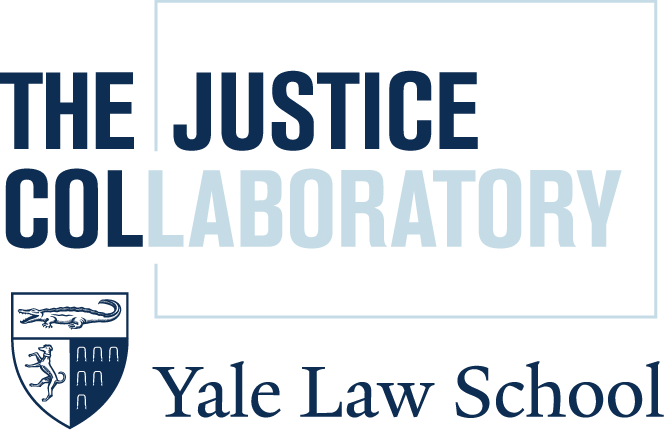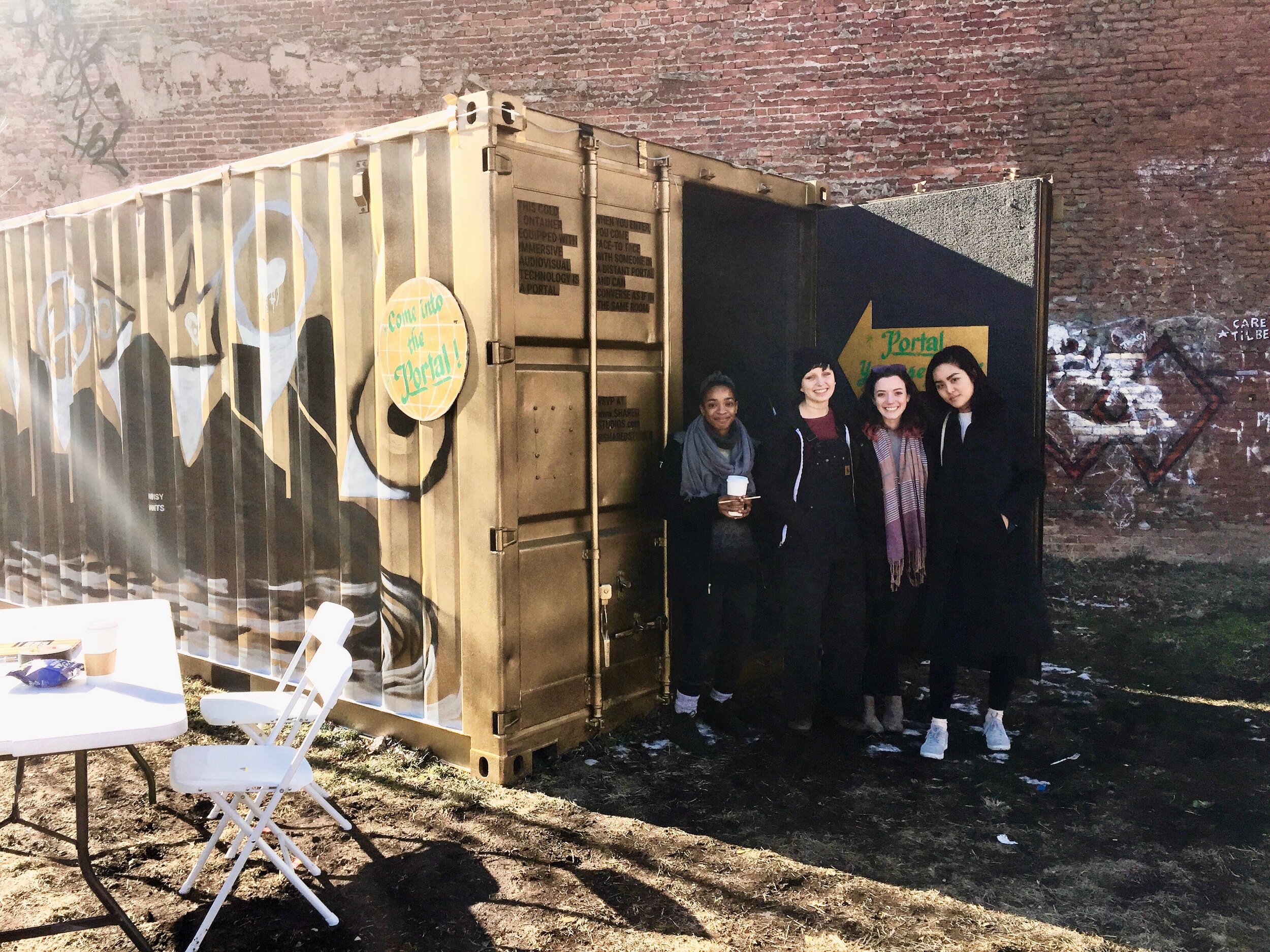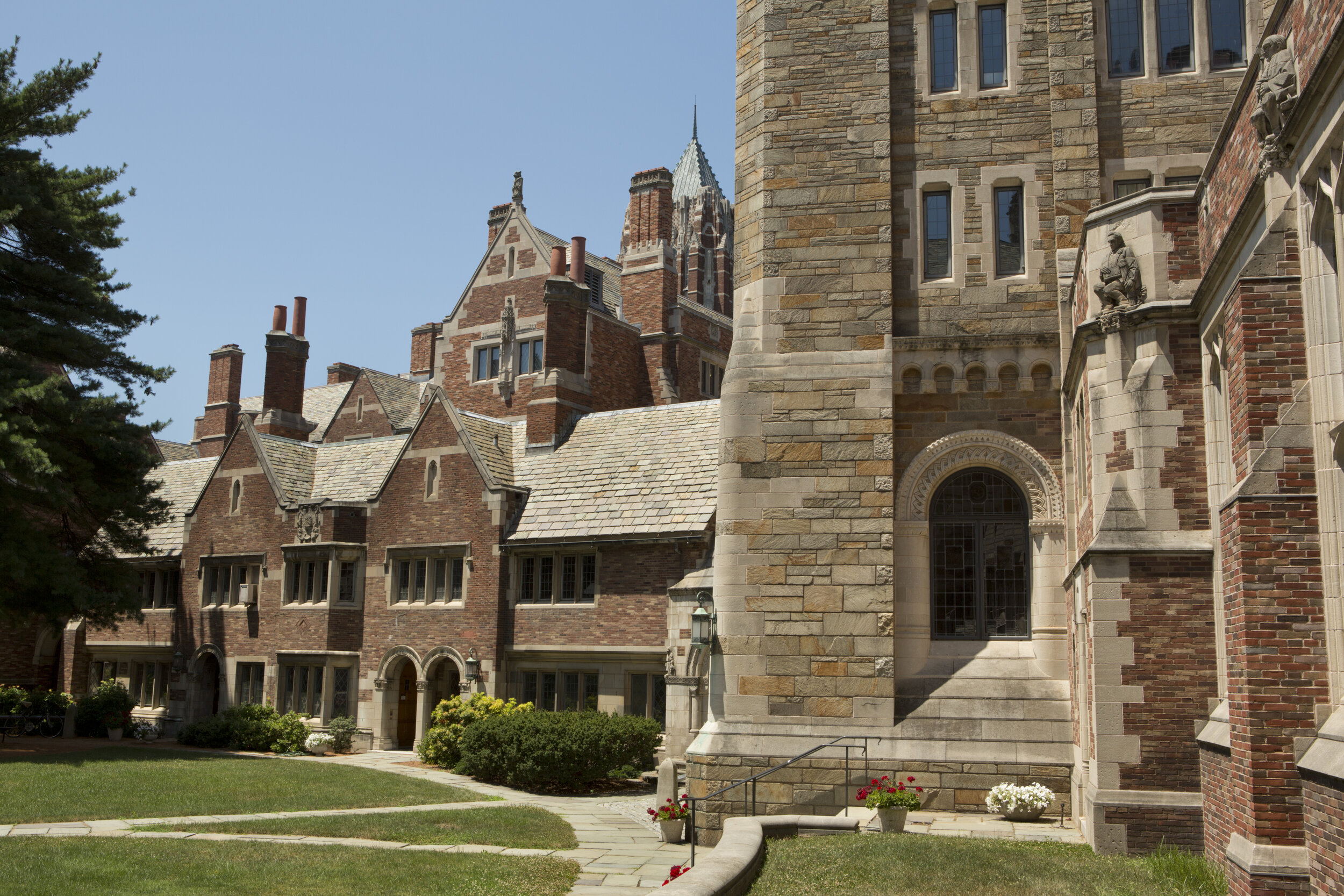
Justice
Our goal is to create a justice system that serves and reflects the community. We can accomplish this in research centered around the criminal legal system which moves us towards a theory-driven, evidenced-informed justice system.
For the first time in recent history, reforming the criminal legal system is a national, bipartisan priority. The challenge to reform efforts which often lack theoretical grounding in conceptions of justice, especially those that are community-oriented. Generating theory for justice system transformation serves as our true north and is at the center of what we do. Our justice-focused research spans from arrest to post conviction - from policing to corrections.

Yale Law School’s Justice Collaboratory has partnered with the Association of Prosecuting Attorneys and LaGratta Consulting to develop the Elevating Trust and Legitimacy for Prosecutors Project. Through a multi-phase site selection process, project partners chose the Salt Lake County District Attorney’s Office, Saint Paul City Attorney’s Office and Columbus City Attorney’s Office as the project pilot sites to engage in a year-long collaborative assessment, planning, and implementation process of procedural justice practices.
Yale Law School’s Justice Collaboratory has partnered with the Association of Prosecuting Attorneys and LaGratta Consulting to develop the Elevating Trust and Legitimacy for Prosecutors Project. Through a multi-phase site selection process, project partners chose the Salt Lake County District Attorney’s Office, Saint Paul City Attorney’s Office and Columbus City Attorney’s Office as the project pilot sites to engage in a year-long collaborative assessment, planning, and implementation process of procedural justice practices.
In partnership with the Policing Project at New York University School of Law, The Justice Collaboratory organized the convening of two working groups of some of the country’s leading advocates and experts to discuss what a reimagined public safety system would look like.
The Justice Collaboratory conducted a study of perspectives of individuals working at the frontline of six key institutions in New York City’s criminal justice system: prosecutors, defense attorneys, judges, correction officers, probation officers and Criminal Justice Agency interviewers.
In partnership with the Connecticut State Department of Correction and LaGratta Consulting, The Justice Collaboratory designed and evaluated an intervention focused on increasing procedural justice inside correctional facilities.
This National Institutes of Health (NIH) program aims to better understand COVID-19 testing patterns among underserved and vulnerable populations disproportionately affected by the pandemic; strengthen the data on disparities in infection rates, disease progression and morbidity and mortality; and develop strategies to reduce the disparities in COVID-19 testing, rates of infection, and outcomes.
This study qualitatively examined Project Longevity, Connecticut’s largest GVI initiative, to contribute to the limited literature on implementation of gun violence reduction strategies.
Despite the transformation of policing and rising prevalence of encounters with the justice system, current research is ill-suited to help us understand how the Michael Browns of America come to experience the police and state authority more broadly. This important work requires a better way to measure these dynamics across communities. And it requires that we center the voices of the unfree. That we listen. The Portals Policing Project aims to do just that.
The Policing, Law, and Policy Clinic offers current Yale Law School students the opportunity to translate cutting-edge empirical research on policing reform into real-world policies
The Justice Collaboratory and members of the National Initiative for Building Community Trust and Justice have designed intervention programs that aim to improve police-community relations in six pilot cities around the country.










